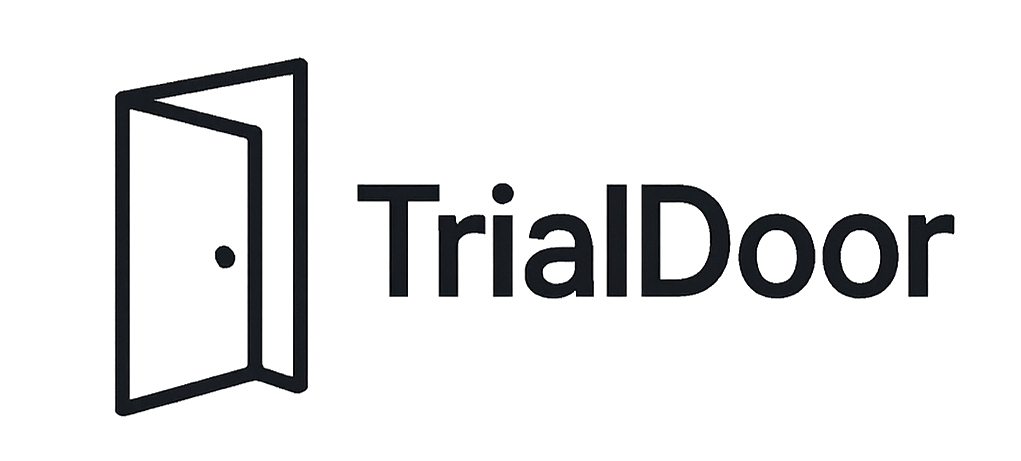TrialDoor: Clinical Trial Screening and Recommendation Process for Pancreatic Cancer Patients (2025)
The Pancreatic Cancer Patient Clinical Trial Matching Tool
Research Abstract
This case study reviews the objectives, hurdles, and outcomes of a project designed to use Artificial Intelligence (AI) to assist the clinical trial review process for pancreatic cancer patients by integrating the clinicaltrials.gov database, commercial Large Language Models (LLMs), and Structured Query Language (SQL) databases. The case study brought to light a significant number of challenges and limitations with both the clinicaltrials.gov database and the LLMs, but by disassembling the screening process into small, verifiable components, optimizing the required LLM prompts with hundreds of iterations to produce effective Python scripts, and then using SQL to both scale and reassemble the component decisions, a fully functioning and secure production environment was constructed in the cloud and is available for use.
This approach differed substantially from traditional AI approaches in that LLMs were used solely in the first step of the process to aid the researcher in writing many separate Python scripts, each of which focused on one trial dimension and whose efficacy could be effectively vetted by a human researcher. Once each of the Python scripts was refined over many iterations, the cord to AI was cut, with only the scripts and then SQL queries taking over the process. This linear handoff of LLM to Python Scripts to SQL employs each component process for its highest and best use, rather than trying to force the LLM to solve the entire problem on its own. This approach also significantly enhanced outcomes by quarantining patient data from AI, ensuring deterministic results (the same question yields the same answer every time, often not true in AI), minimizing resource use, and maximizing speed. Our approach used a combination of filtering and a scoring rubric not only to reduce the size of the potential trial set, but also “promote” the trials that were best suited for each specific patient.
The pancreatic cancer clinical trial matching tool is available by clicking on the “Access the Trial Matching Tool” to the left. Provided as a pro bono service, it uses the methodology outlined in the paper below to replicate the trial selection process that an oncologist would use to select a clinical trial for a patient. Each day it refreshes available pancreatic cancer trials from the NIH clinicaltrials.gov website and, using the patient profile the user provides in the input form, selects all of the trials suitable for that patient, scores them, and presents them for review ordered by score. The user can then make additional adjustments to the result set and download details of the trials in either pdf or csv format. The system is engineered with strong data-security principles and HIPAA readiness: encrypted HTTPS communication, Google-managed identity and access controls, isolated virtual networks, and storage encryption at rest and in transit. No third-party services receive or process patient information, and all infrastructure components, including the input form, are within Google’s HIPAA-eligible service boundary.
The trial matching tool has now been officially released as TrialDoor. More information at trialdoor.org.

